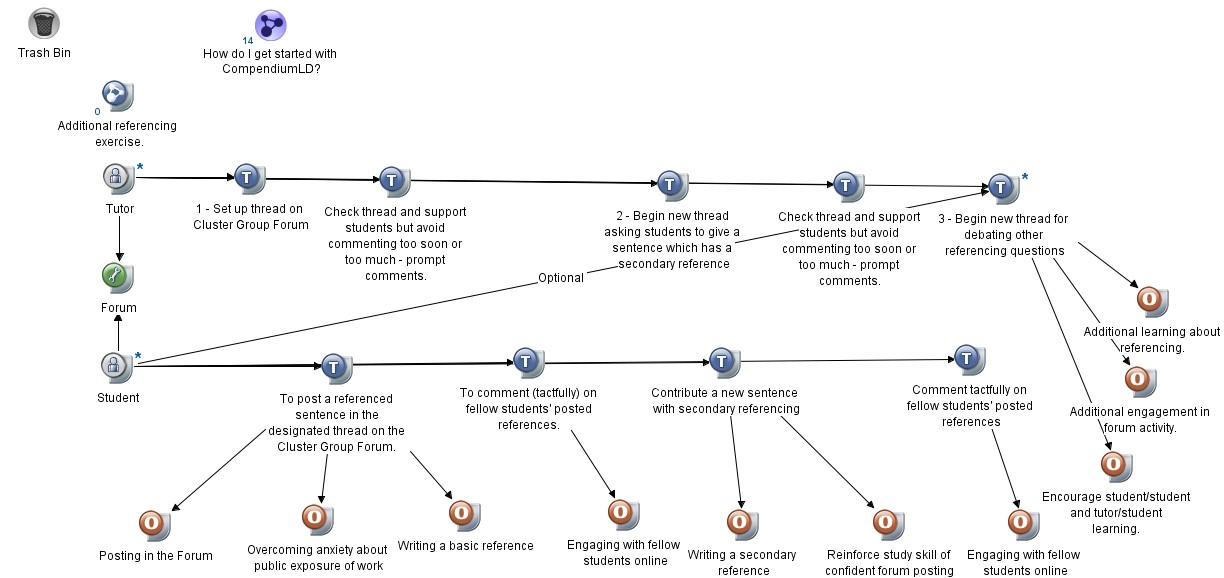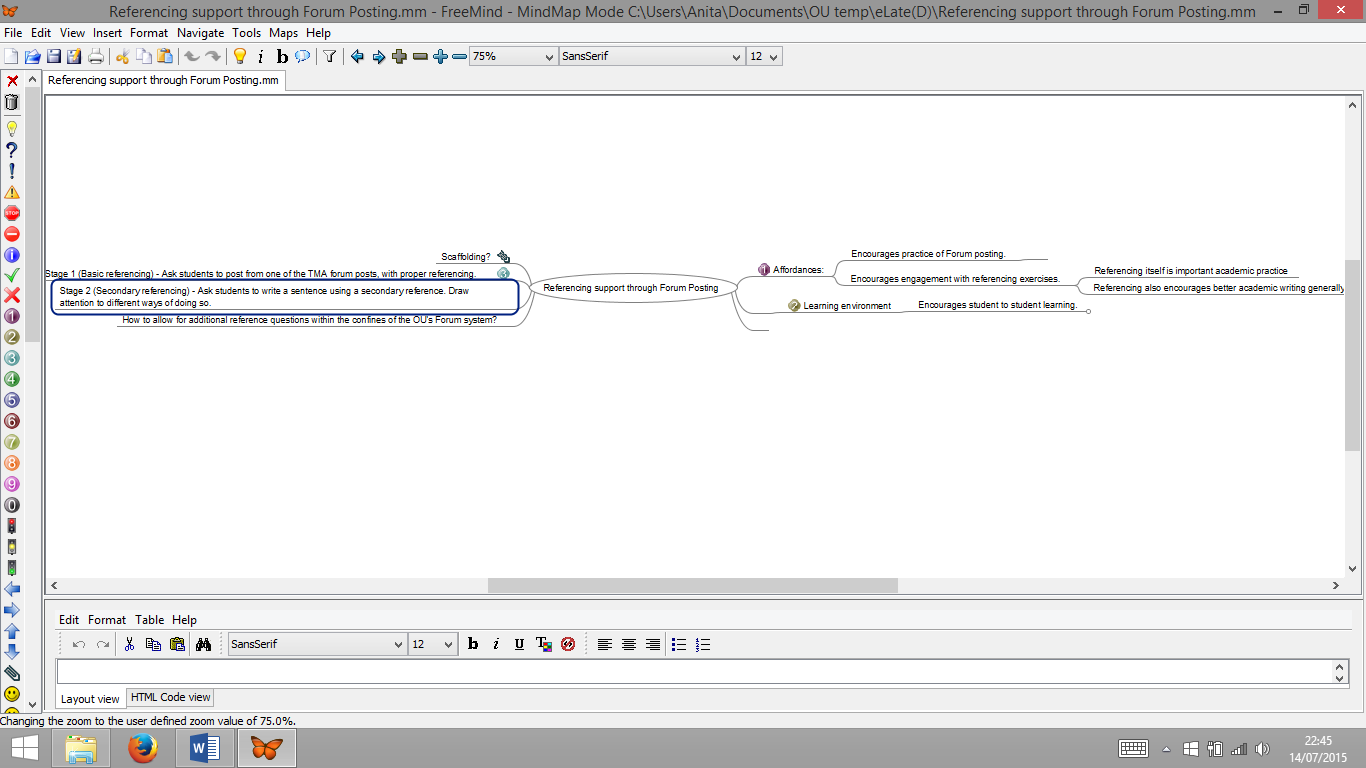One of the concerns of strikers at traditional universities is that if we lose the battle for secure pensions, the employers will seize the opportunity to break the union and its national pay bargaining power. They will look to employ people on casual contracts instead of offering permanent work with proper benefits like ... pensions.
As the UCU have been arguing for a long time, universities are already riddled with poor casual work practice. Research in particular is sustained by low paid insecurely contracted staff (see this blogpost). One tweet during the strike mentioned a passer-by's incredulity when it was explained to him that a group of science researchers looking into cures for a range of devastating illnesses were all employed on low paid insecure contracts.
Teaching is not far behind, with postgraduate students scrabbling for hourly paid work, even though this only pays for the actual hour they are with students, not for any of the substantial preparation time needed. We are supposed to be gearing students up for better jobs - while on immiserating contracts ourselves.
As so often, the Open University is well ahead of the curve here. Our teaching has historically been delivered on short term contracts, which have only gradually had some working rights attached to them. Our contracts are 'casualised' rather than casual. It looks like things may get better for us, but for the sake of those in traditional universities who wonder what casualised work might mean, I will explain. (NB teaching at the Open University is unlike that in traditional universities. A permanent academic team put together teaching materials with a highly qualified but casualised set of Associate Lecturers supporting student engagement through blended learning.)
It is very difficult to deliver high quality teaching on a casual contract, and next to impossible to do this if you have to write the lectures as well. I have done that too - staying up til 3 am to write a lecture which I would deliver the next day, unable to give the students reading material until the day of the lecture because I was writing it the night before. Then the following year throwing all those lectures in the bin and writing a fresh set on a completely different subject. I wasn't needed to deliver the first set of lectures any more, but had found yet another short term contract to do something else which I always hoped would turn into a secure job. Every contract ended in praise and congratulations, never in secure work. It took me a long time to realise that for that, I ought to have spent as little time as possible on my teaching (or the public policy research I was also doing) and focussed on polishing abstruse research publications.
Recently things at the Open University have improved. Previously, I used to get a redundancy notice a few months before teaching was due to start, followed by a surreptitious email from line managers telling me in vague legally restricted phrases not to worry too much. A couple of weeks before the allocation of student groups, I would suddenly get definite confirmation that I had the work.
One year I was hurriedly phoned up and verbally appointed two weeks before the start of a postgraduate module. I had to learn all the materials myself as quickly as I could, keeping just ahead of the students and constantly asking supportive colleagues (who were not paid for the kind help they gave me) 'stupid' questions about the assignments so as to be prepared to explain them to the students. I did not know if I would still be wanted the next year, so it was hard to motivate myself and carry on working on that module once the teaching had finished.
I have colleagues who take on temporary management contracts in hopes of getting into a more permanent position via that route. They can't let their teaching go in case the management post doesn't become permanent. They are working themselves into the ground, but can hardly be expected to deliver as effectively on the quadruple hours they are having to put in.
Because our contracts are strictly limited to the teaching period, we can't be asked to contribute to feedback and development of the module to improve it for the next year's teaching until a few days before it goes live. A clause has had to be inserted to say that for the month before the module starts, we should do some work towards it without receiving pay. I have sometimes struggled to find the money to travel to teach, because I haven't yet been paid for the teaching.Even as I write this post, I'm thinking I want to do two big loads of marking work I have got in hand, check over my slides for a tutorial I'm giving on Monday - but that maybe I should prioritise applying for a new teaching contract which has just been advertised. It's not in an area I particularly want to teach, but I can't afford not to try for it.
I am a single working mum. The many disadvantages of casualised work have a big impact on my family life. The hugely variable monthly income (some months my pay is double what I get in other months) makes it difficult to budget and plan. From year to year, I am never quite sure what work I will have in hand. At one point, I feared I would have no work for six months of the year, yet be unable to claim any benefits or tax credits because I would have a potential upcoming contract for six months' time so be deemed to be making myself unavailable for work. When I was looking to buy a home, no bank would give me even the tiny mortgage of £5-10K I was looking for - they all said my contracts were too insecure.The National Director of Relate Cymru recently appealed to Welsh Government to review support for children's mental health. He linked rising demand for mental health support from children and young people to difficult family lives. The effect on my own family of my stressful contractual situation has been very severe. We lived for a long time with a sense of impending doom, fearing that at very short notice our means of living could be almost entirely snatched away. Ironically (yes, my teaching is so full of irony that I ought to set up a laundry!), my module materials include a film about people accessing a food bank near my home - which I have sometimes thought I might have to go and get food from myself.
I did say the Open University is often ahead of the curve. They have been in negotiations for ten years to move Associate Lecturers like myself onto permanent contracts. These negotiations had foundered, and when he arrived at the university our Vice Chancellor Peter Horrocks made them a priority. As well as negotiating over pensions, the Open University union branch and the university have continued to work on this as well as other major issues of employment and working conditions. The last announcement was that they still hope we will get our permanent contracts this summer.
This may be a Pyrrhic victory. Proposals are being put forward to slash our contact hours with students and restrict us to giving them written marking feedback. More on why the union and ourselves feel this would spell the end of the Open University soon. First I want to talk about support staff and the way we in the Open University work as a team to deliver student learning. And before that, I thought I would talk about why this could be the best job in the world.
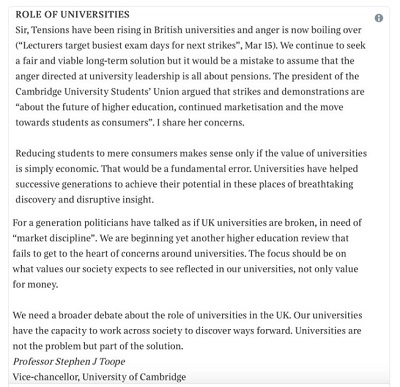


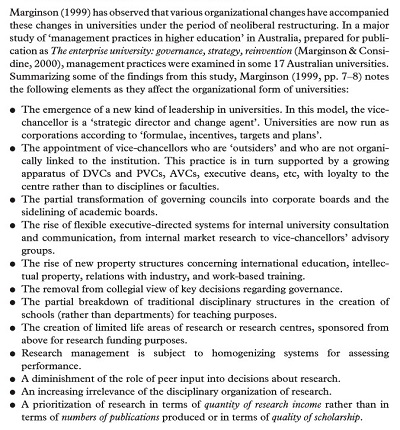
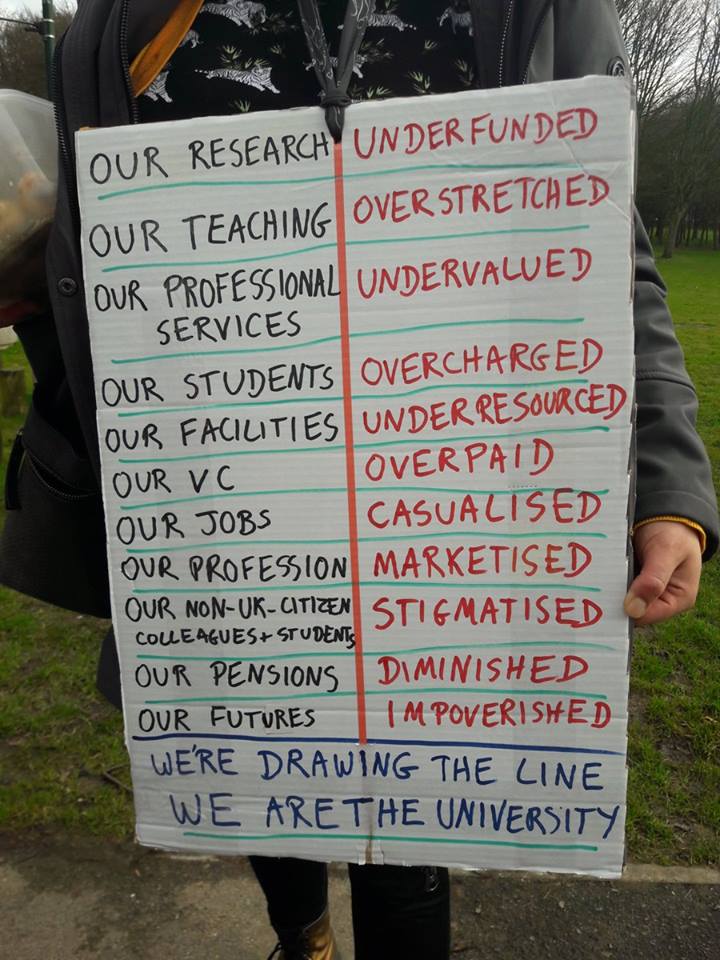
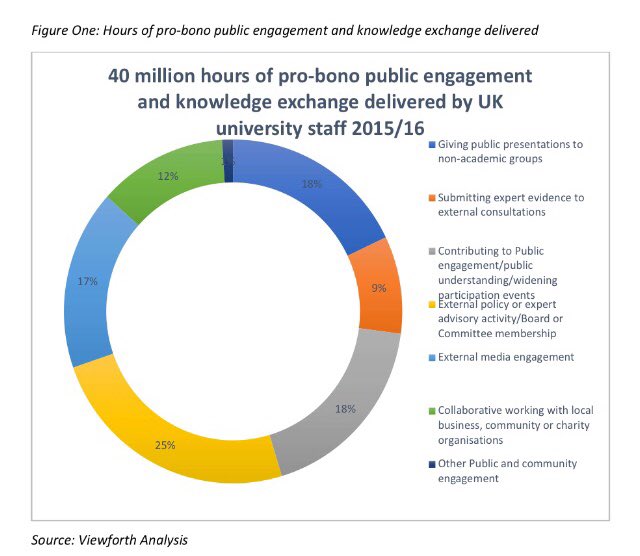


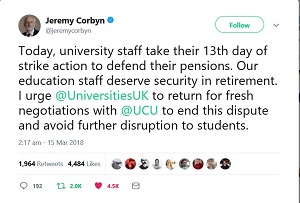

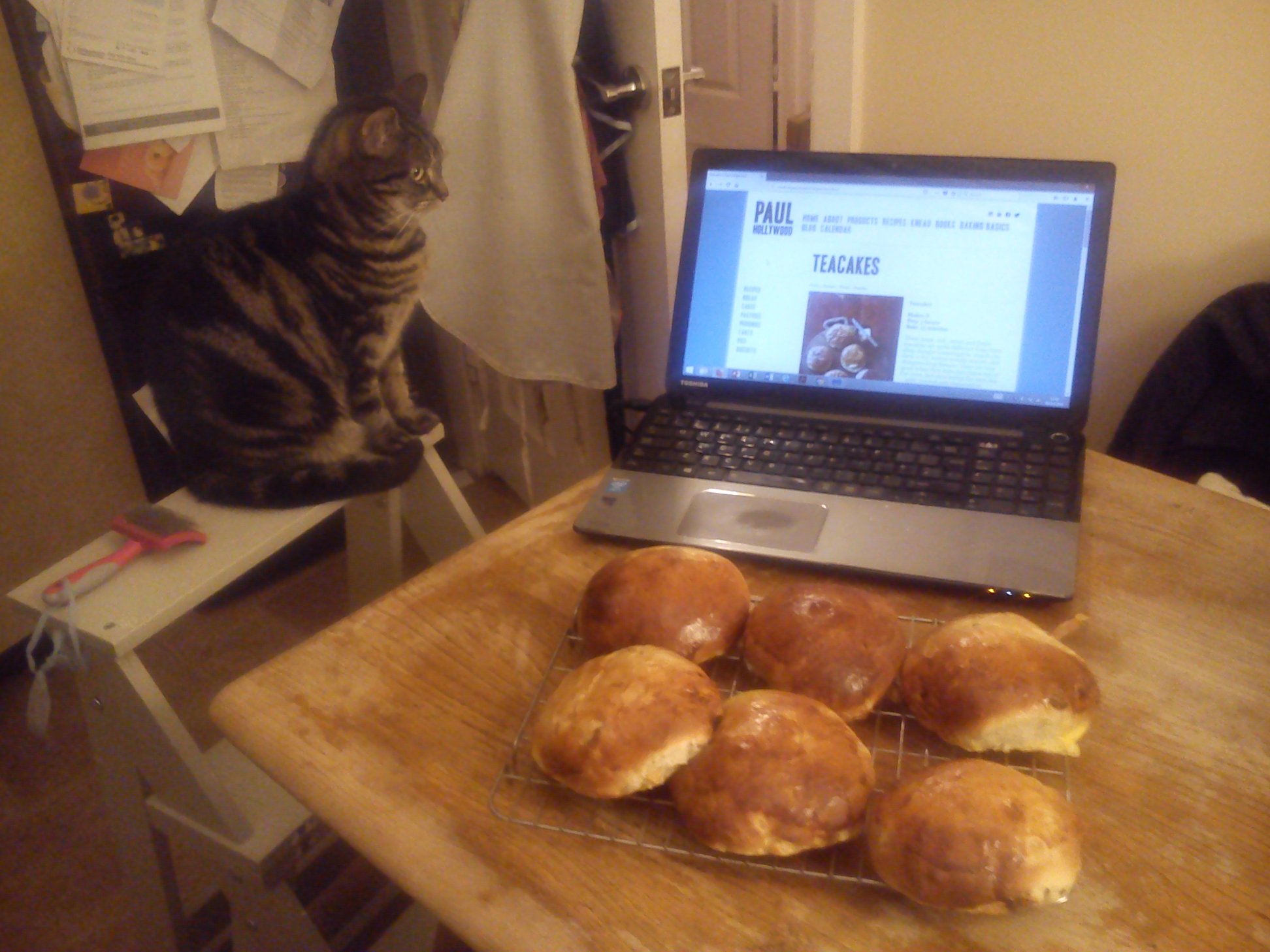


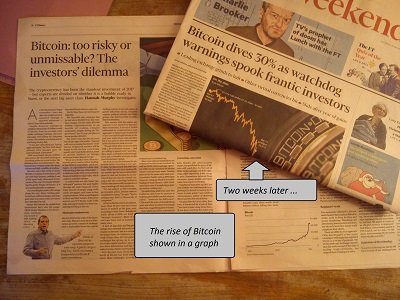
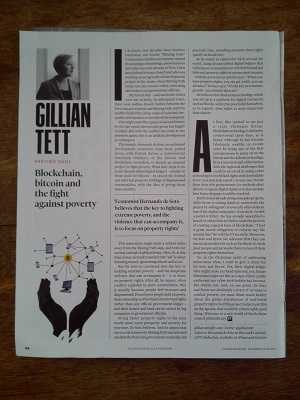




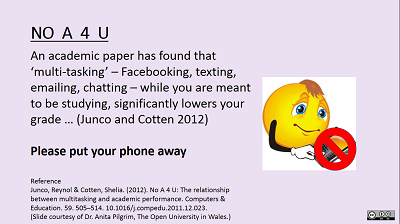





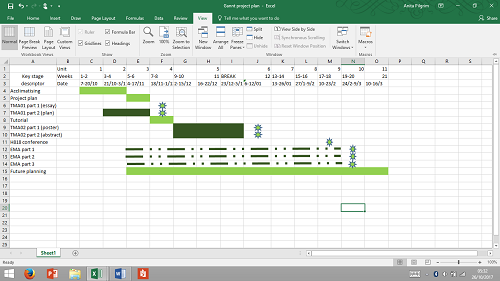
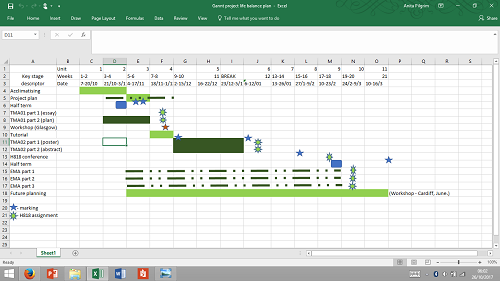


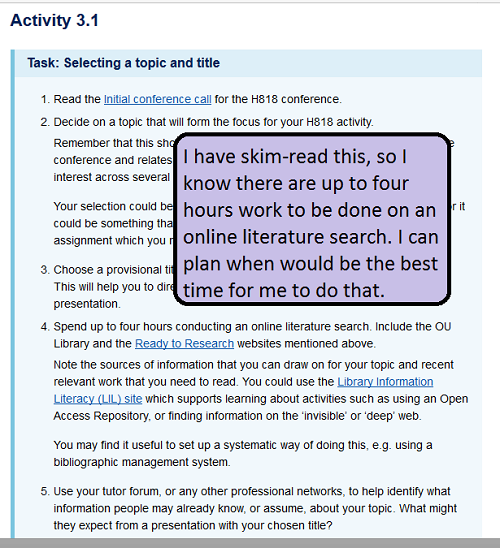


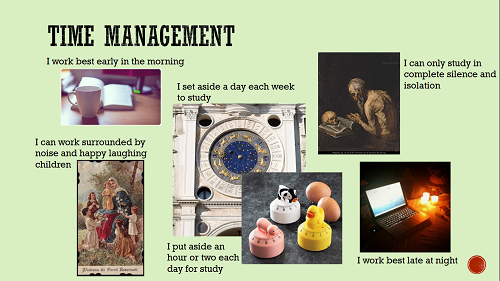

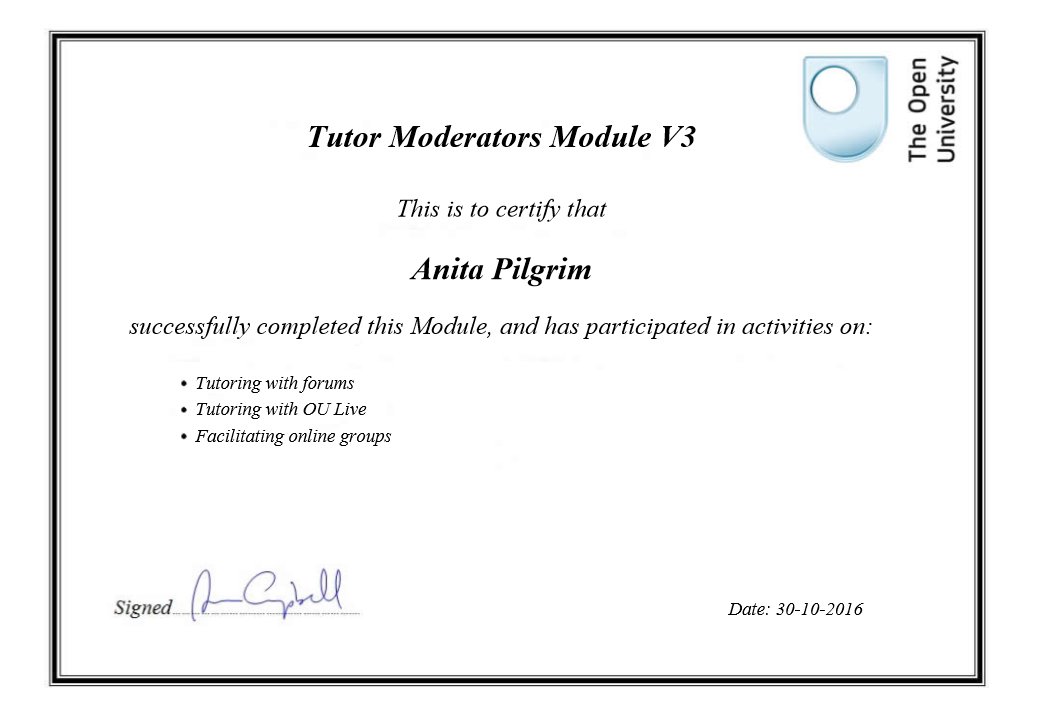


 (The E-Learning Mum)
(The E-Learning Mum)
